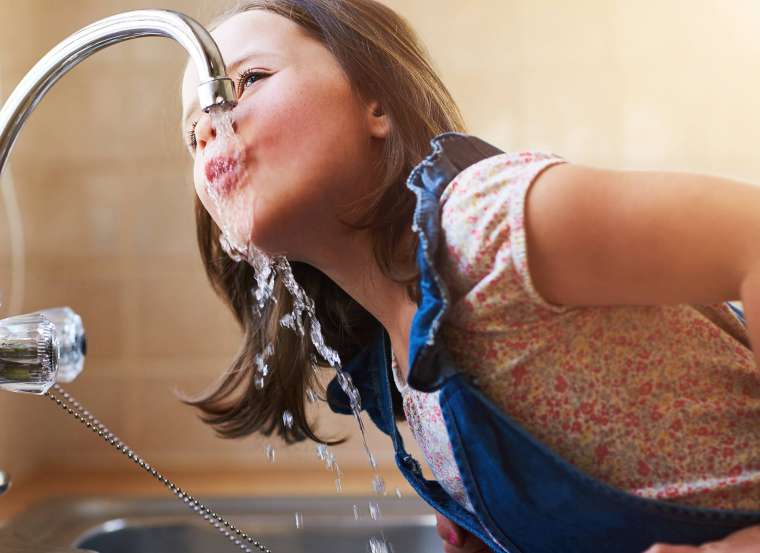If you are looking for a salt free water softener then you are out of luck. All products that offer salt free water softening are only water conditioners or scale inhibitors because they alter the state of the Lime but do not remove it and therefore are not exactly a WATER SOFTENER. The ion exchange process used by water softeners doesn’t work without the sodium ions displacing the calcium and magnesium ions that create water hardness. This ion exchange process can only be achieved using a salt based water softener.
Water Softener versus Water Conditioner
Magnesium and calcium combine to form lime scale. Limescale is sticky in nature and will attach itself to pipes, surfaces, and plumbing and mostly to elements and heating surfaces.
Water conditioners do not remove the limescale from the water but attempt to modify the particles to make them non-adhering (non-sticky) so that they do not attach to any surfaces and form the white build up and scale we see. Their effectiveness vary from product to product but they tend to be more effective when the levels of limescale in your water are on the lower side.
Water softeners on the other hand remove the limescale from the water through ion exchange. In an ion exchange process, plastic resin beads are rinsed with a salt solution that charges each bead with a sodium ion. When the hard water flows through these beads, the sodium ions exchange with the magnesium and calcium ions. The water exiting the tank and into the house is now softened, but does contain low amounts of sodium as a by-product of the softening process.
The added sodium content has led to some controversy surrounding water softeners. In reality, the amount of sodium added by water softeners is minimal and far less than popularly imagined. Salt-based softeners also go through periodic regeneration cycles to replenish the resin beads with sodium ions. This results in brine-heavy wastewater flushing into city water drain lines, which has instigated a water softener ban in some municipalities.
Salt-free water conditioners do prevent scale from forming in your plumbing. But, with a salt-free water conditioner or scale inhibitor, you will not see many of the advantages provided by a water softener. Water softeners physically eliminate the hardness minerals from the water supply and flush them down the drain. The minerals are barred from entering your home and damaging your water heaters and appliances. However, hard water damage extends beyond just scale. Laundry washed in hard water comes out of the machine stiff with dingy coloration. Dishes washed in hard water are foggy and come emerge from the rinse streaked with soap spots. Soap and cleaning products build up in a thick scum, as hardness minerals prevent soap from lathering properly. Hard water also is miserable to shower in as it dries out skin and hair alike.
A salt-free water conditioner will not address any of these problems. The hardness minerals exist in crystallized form, but they are still present in the water. Your fresh load of laundry will still be drab and dulled and your bathroom will still be covered with soap scum stains. The only way to eliminate these headaches to soften the water. Hence, why the common trade name “salt-free water softener” is not only false, it is deceptive. Salt-free water conditioners do provide protection against scale, but to associate them with all the benefits afforded by water softening is not correct.
What is Hard Water?
Pure water is H2O which is two parts of hydrogen and one part oxygen. That’s pure water. Contaminants and minerals get dissolved or suspended in the water through numerous processes. Some particles are not harmful like magnesium & calcium whilst some are harmful like rust and algae. Magnesium and Calcium combine to form limescale which is not bad for consumption because plants and the body uses them but they have the effect of changing the water taste to make it less palatable. Also, it makes the water harder because it contains these particles in it. This hardness can be felt on your skin in bathing or washing where the soap cannot easily mix with the water because of the Limescale in the water.
Water Softeners remove the hard particles to replace them with a softer particles which are sodium particles. The resulting water is soft and has more of a slippery feeling. This soft water is much better for all household use.

